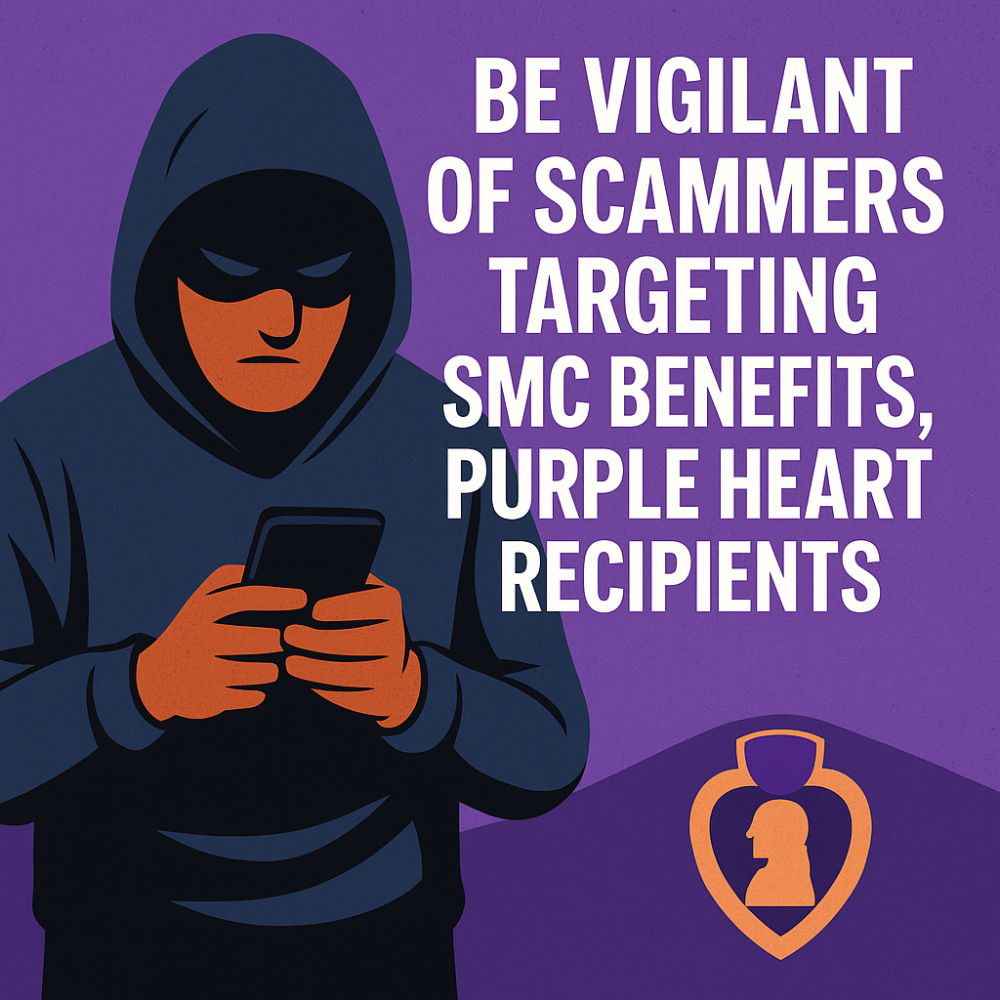Volunteering for Vets
Introduction
When it comes to supporting our brave men and women who have served in the military, volunteering can be a powerful way to make a positive impact.
Volunteering for vets not only benefits the veterans themselves but also allows us to express our gratitude for their selfless service.
In this article, we will explore the importance of volunteering for veterans, the benefits it brings, the best opportunities available, and how to get started.
We will also discuss the challenges that may arise and offer tips on overcoming them, while highlighting why veterans themselves make exceptional volunteers.
Why Volunteering is Important for Veterans
For many veterans, the transition from military to civilian life can be a complex and challenging journey.
Volunteering plays a crucial role in this transition by providing a sense of purpose and community engagement.
By dedicating their time and skills to various causes, veterans can regain a sense of fulfillment and camaraderie they experienced while in service.
Moreover, volunteering allows veterans to leverage their unique perspectives and expertise to make a meaningful difference, showcasing their continued dedication to serving their country and fellow citizens.
How Volunteering Can Help Veterans
Engaging in volunteer work offers a multitude of benefits for veterans.
Firstly, it provides a structured routine that can aid in adjusting to civilian life, helping to fill the void left by the structured environment of military service.
Volunteering also promotes mental well-being by combating feelings of isolation and depression that some veterans may experience.
The social connections forged through volunteering can be a lifeline, providing a support network of like-minded individuals who understand and empathize with their experiences.
Additionally, volunteering can enhance veterans’ skill sets, fostering personal growth and professional development.
Here is another article that discusses How to Honor Our Veterans.
The Benefits of Volunteering for Veterans
Volunteering has a profound impact on veterans’ lives, offering numerous advantages that extend beyond personal development.
One major benefit is the improvement of physical and mental health.
Engaging in volunteer activities often involves physical exertion, which promotes a healthier lifestyle and contributes to overall well-being.
Moreover, the sense of purpose and fulfillment derived from helping others can have a positive impact on mental health, boosting self-esteem and reducing stress levels.
Furthermore, volunteering allows veterans to maintain a connection to their communities and continue serving a cause greater than themselves.
This renewed sense of purpose not only benefits the veterans but also strengthens the fabric of society, fostering empathy and understanding among individuals from diverse backgrounds.
By bridging the gap between veterans and civilians, volunteering promotes a shared sense of unity and appreciation for the sacrifices made by our service members.
The Best Volunteering Opportunities for Veterans

When it comes to volunteering for veterans, a wide range of opportunities exists. Here are a few examples:
- Veterans Support Organizations: Many nonprofit organizations specialize in providing support and services to veterans. These organizations often rely on volunteers to assist with programs such as counseling, mentorship, job placement, and recreational activities.
- Veterans Healthcare Facilities: Volunteering at local veterans hospitals or healthcare centers allows individuals to directly contribute to the well-being of veterans. Activities may include assisting with patient care, organizing recreational events, or providing companionship to veterans in need.
- Veterans Outreach Programs: Volunteering for outreach programs enables individuals to engage with veterans in their communities who may be homeless or struggling with various challenges. These programs often involve providing food, shelter, clothing, and other essential resources.
- Military Family Support: Serving veterans also means supporting their families. Volunteering for organizations that provide assistance to military families, such as childcare, educational support, or career guidance, can make a significant difference in their lives.
- Community Engagement: Engaging in community service initiatives, such as volunteering at local shelters, food banks, or schools, not only benefits the broader community but also allows veterans to showcase their leadership skills and contribute to the greater good.
How to Get Started Volunteering for Veterans
If you’re inspired to volunteer for veterans but unsure where to begin, here are some steps to help you get started:
- Identify Your Interests: Reflect on your own skills, interests, and passions. Determine what types of volunteer opportunities align with your strengths and personal goals.
- Research Local Organizations: Conduct research to find local organizations or charities that focus on supporting veterans. Reach out to them to learn more about their volunteer programs and the specific roles available.
- Attend Volunteer Orientations: Many organizations host orientations to provide an overview of their mission, values, and volunteer expectations. Attending these sessions can give you valuable insights and help you make an informed decision.
- Connect with Veterans: Engage in conversations with veterans to gain a deeper understanding of their needs and the challenges they face. This can guide you in selecting the most meaningful volunteer opportunities.
- Start Small: Begin your volunteering journey by committing to smaller tasks or projects. As you gain experience and confidence, you can gradually expand your involvement.
Tips for Volunteering for Veterans
To make the most of your volunteering experience, consider the following tips:
- Be Respectful: Approach your interactions with veterans and their families with respect, empathy, and sensitivity. Recognize and honor their unique experiences and perspectives.
- Communicate Effectively: Clear communication is essential in volunteer work. Listen actively, ask questions, and ensure you understand the needs and expectations of the veterans and the organization you are supporting.
- Build Relationships: Take the time to build genuine connections with the veterans you are serving and the fellow volunteers you are working alongside. These relationships can provide support and make the experience more fulfilling for everyone involved.
- Stay Committed: Consistency and reliability are key in volunteer work. Honor your commitments and fulfill your responsibilities to the best of your ability.
- Practice Self-Care: Volunteering can be emotionally demanding. Prioritize self-care and seek support when needed. Taking care of your well-being ensures you can continue making a positive impact.
The Challenges of Volunteering for Veterans and How to Overcome Them
While volunteering for veterans can be incredibly rewarding, it may also present challenges.
These challenges can include navigating bureaucratic systems, addressing complex issues faced by veterans, or encountering emotional situations.
To overcome these challenges, it is crucial to educate yourself about the unique needs of veterans, seek guidance from experienced volunteers or organizations, and approach each situation with patience and understanding.
Building a strong support network and maintaining open lines of communication can also help in addressing and resolving challenges effectively.
The Impact of Volunteering for Veterans
The impact of volunteering for veterans goes beyond individual lives—it ripples through communities and society as a whole.
By dedicating our time, skills, and resources, we not only assist veterans in their transition to civilian life but also contribute to a society that values and supports those who have served.
Volunteering fosters a sense of unity, promotes empathy, and strengthens the social fabric of our communities.
Each act of volunteerism, no matter how small, has the power to create a lasting impact and honor the sacrifices made by our veterans.
Why Veterans Make Great Volunteers
Veterans possess a unique set of qualities that make them exceptional volunteers.
Their military experience instills values such as discipline, resilience, and teamwork, which are invaluable in any volunteer setting.
Veterans are adept at adapting to new environments and overcoming challenges, traits that are crucial in addressing the diverse needs of the community they serve.
Their dedication, commitment, and selflessness make veterans natural leaderswho can inspire and motivate others to make a difference.
Furthermore, their firsthand understanding of the sacrifices made in service to their country allows them to connect deeply with the causes they support and empathize with those they assist.
In conclusion, volunteering for vets is a meaningful and impactful way to support our veterans as they navigate the transition to civilian life.
By engaging in volunteer work, we not only help veterans but also experience personal growth, develop new skills, and foster a stronger sense of community.
The benefits of volunteering for veterans are far-reaching, positively impacting their physical and mental well-being, social connections, and overall quality of life.
While challenges may arise, with proper preparation, education, and support, these challenges can be overcome.
By recognizing the incredible impact volunteering can have and embracing the unique qualities that veterans bring to the table, we can create a more inclusive, supportive, and grateful society.
So, let’s join forces and make a difference by volunteering for vets.
FAQs
How can I volunteer to help veterans in my area?
To volunteer and support veterans in your area, you can start by reaching out to local veterans organizations, VA facilities, or community centers that serve veterans.
They can provide information on volunteer opportunities and guide you on how to get involved.
Additionally, consider joining online platforms or forums dedicated to connecting volunteers with veterans in need.
How can I help my local VA?
There are several ways to assist your local VA (Department of Veterans Affairs).
You can volunteer your time at VA hospitals or clinics, offering support to veterans and their families. Donating essential items such as clothing, toiletries, or comfort items is another way to contribute.
Additionally, organizing fundraising events or participating in VA-sponsored initiatives can help raise awareness and funds for programs benefiting veterans.
What do volunteers do at Wounded Warrior Project?
At Wounded Warrior Project (WWP), volunteers play a vital role in supporting wounded veterans.
They may engage in a range of activities, including organizing and participating in fundraising events, providing administrative assistance, assisting with recreational therapy programs, and offering mentorship or counseling services.
Volunteers also serve as advocates, raising awareness about the challenges faced by wounded veterans and promoting WWP’s mission.
What can citizens do for veterans?
Citizens can make a difference in the lives of veterans by supporting them in various ways.
You can start by expressing gratitude and respect for their service.
Volunteering your time and skills to organizations that support veterans, donating to veteran-focused charities, or advocating for policies that address veterans’ needs are impactful actions.
Additionally, providing employment opportunities, offering mentorship or networking assistance, and promoting a supportive and inclusive community for veterans are meaningful ways to contribute.
How do you attract veterans?
To attract veterans, it is important to understand their unique needs and perspectives.
Create an inclusive and veteran-friendly environment by promoting a culture of respect and understanding.
Tailor your outreach efforts to the veteran community, using channels they frequent, such as veteran-focused job boards, social media groups, or local veterans organizations.
Highlight the benefits and opportunities your organization provides to veterans, emphasizing the transferable skills they possess and the supportive resources available.
How can we help honor veterans?
Honoring veterans can be done in various ways.
Participate in local Veterans Day or Memorial Day events, where you can show your appreciation and respect.
Support organizations that organize ceremonies or initiatives to honor veterans.
Engage in activities such as sending care packages to deployed troops or volunteering at veterans’ cemeteries.
Educate yourself and others about the sacrifices made by veterans and the importance of recognizing their service.
How do some veterans become homeless?

Veterans can become homeless due to a variety of factors.
Challenges such as mental health issues, post-traumatic stress disorder (PTSD), substance abuse, lack of social support, unemployment, and financial difficulties can contribute to homelessness.
Difficulty transitioning to civilian life, limited access to healthcare or support services, and family breakdowns can also play a role.
It is essential to address the root causes and provide comprehensive support systems to prevent and address veteran homelessness effectively.




Leave a Reply